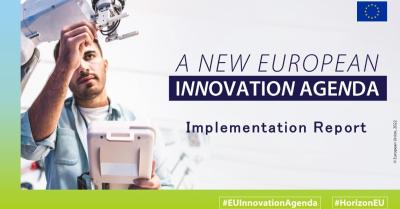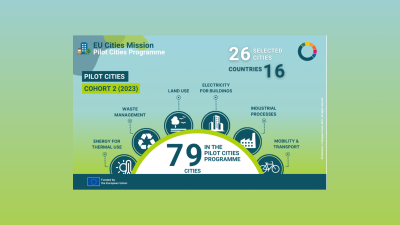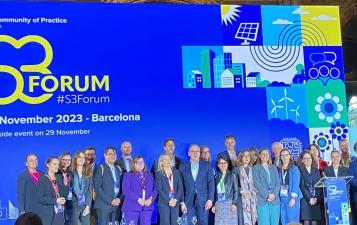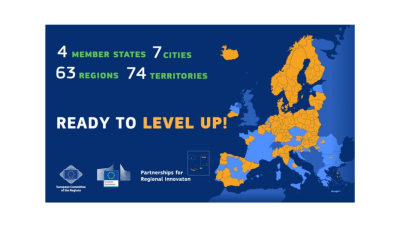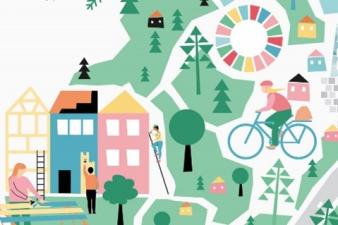
Central Sweden is the bridge between the EU and the regions of Dalarna, Gävleborg and Örebro. Our goal is to contribute to achieving the members’ regional development strategies from an EU perspective. We are generalists who help the regions’ experts to consider EU perspectives to have an influence in the regions’ important issues and to use the potential of the EU’s sectoral programs. Central Sweden works within two fields of activities: political lobbying and project support. Our tools to reach these objectives are EU analysis, supply of information, networking, education, setting up meetings and study visits. Key topics and areas of interest: transport and infrastructure, research and innovation, Cohesion Policy and Structural Funds, Energy, Climate and Sustainable societies.
Contact detail
-
Brussels Office Address
Rue du Luxembourg 3
1000 Brussels
Belgium
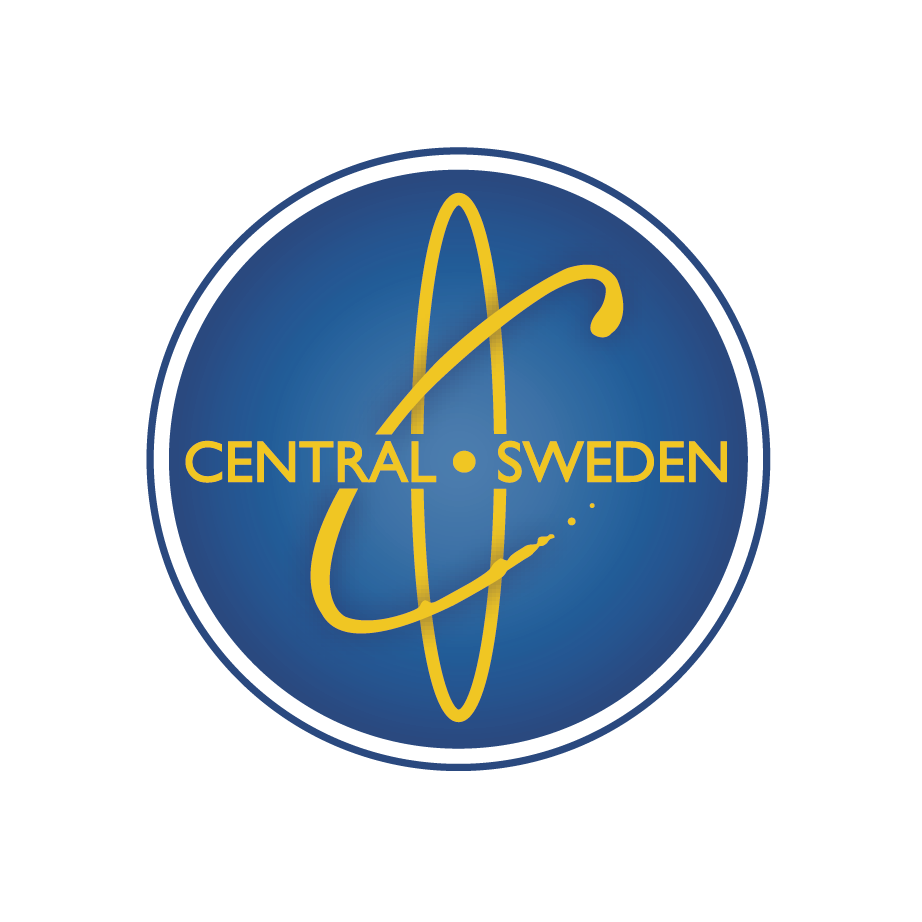
S3 Strategy
Region Örebro county: The strategy shows the direction of the regional innovation work and points out the areas of knowledge where Region Örebro county believe that the region has unique opportunities to develop new niches for industrial and societal development. The priorities are:
- Autonomous, digital, and intelligent production systems
– Industrial systems
- Logistics
- Welfare technology Inclusive and mobilising innovation
- Food in the intersection of culinary arts, health, and sustainability
– Food industry and production
- Functional and sustainable food
- Public meals
Region Dalarna: In Dalarna’s agenda for smart specialisation, four areas are prioritised. advanced industry innovative experience production energy-efficient society health and welfare.
Region Gävleborg:
- Digital services and processes
– Industrial process IT
- Broadband and sensor technology, Geolocalisation and positioning, Internet of things
- Material technology and sustainable production Smart sustainable cities and societies
– Effective transportation, energy efficiency, energy systems and sustainable city building, both from a planning perspective and house construction and waste remediation
- The sustainable and inclusive organisation of work
- Bioeconomy – sustainable production and value-adding processes to refine biomass to reduce climate effects and to reduce the use of fossil-based products.
Latest Updates
- By Ewa Chomicz
NEIA implementation report & Regional Innovation Valleys update
On 20 March, the Commission published the first report on the state of play of the New European Innovation Agenda, following its launch in July 2022. The document outlines the progress and achievements with regard to the 25 actions under Agenda’s five flagships, including the Regional Innovation Valleys. On the same day, an EU R&I Days debate on the way forward for RIVs was also held.
- By Gianpiero Petruzziello
26 additional cities selected to join the NetZeroCities Pilot Cities Programme
The NetZeroCities project, in which ERRIN is a partner, has selected 26 additional cities from 16 countries to take part in its Pilot Cities Programme. ERRIN is delighted to note that 12 cities from ERRIN member regions have been chosen, including Riga and Lyon, both supported by ERRIN’s NetZeroCities Climate Neutral Cities Advisors.
- By Ewa Chomicz
S3 Forum completed!
The S3 Forum – the first EU-level, in-person gathering on S3 since 2020 – took place on 28-29 November in Barcelona. ERRIN Secretariat joined the event alongside many network members and hundreds of S3 practitioners and experts from across Europe. The days were packed with discussions around perspectives for smart specialisation and interregional collaboration on innovation.
- By Ewa Chomicz
Over 45 ERRIN member regions and cities selected for PRI Pilot Action
The European Commission and the European Committee of the Regions launched today the Pilot Action on Partnerships for Regional Innovation, announcing 74 selected territories and publication of the PRI Playbook. Over 45 ERRIN member regions and cities will take part in the Pilot, feeding into the upcoming new European Innovation Agenda.
- By Rasmus Bergander
Cultural Assets in Rural Development (CARD) Creative Europe
Based on an international exchange of experience the purpose of the proposed project is to gather and disseminate knowledge about Cultural Planning, to test and develop methods of Cultural Planning in rural development and to show how cultural planning can have a better impact in different national planning contexts.
- By Agnieszka Wieczorek Jetha
Supporting long-term unemployed immigrants to labour market entry - Transnational action in Swedish ESF-project
Summary Gävleborg region, North Middle Sweden, will implement an ESF project, called “Extra Support in Gävleborg”, aiming at bringing long-term unemployed men and women, born outside Europe, closer to the labor market. By transnational exchange, the project will gain experience from partners with previous experience in working within this field.
